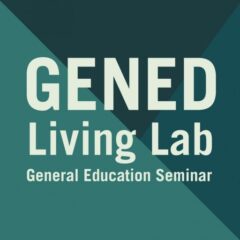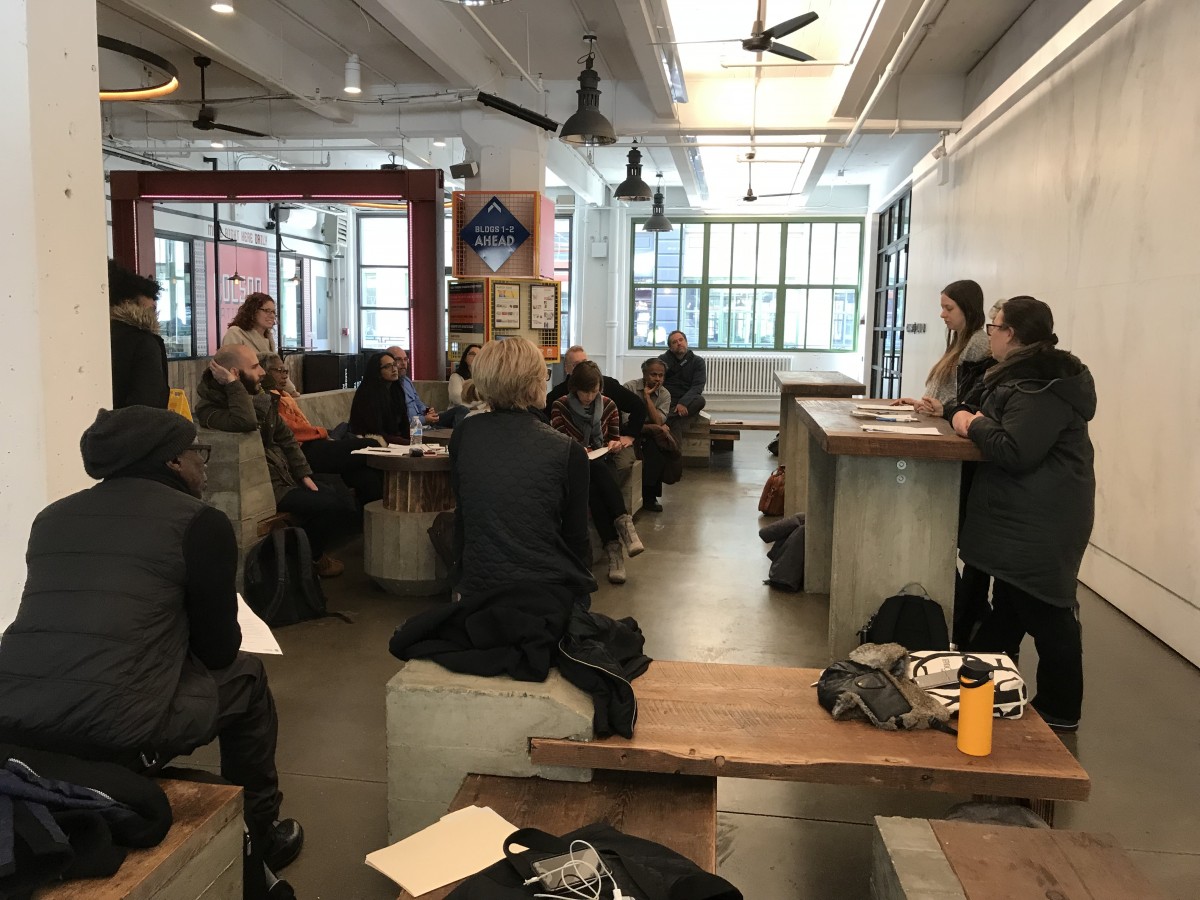HIGH-IMPACT EDUCATIONAL PRACTICES:
With the goal to help faculty develop their teaching methods based on the findings of how students learn and become engaged, active learners, a major focus of the seminar is the exploration and application of High-Impact Educational Practices (HIEP). Faculty participants in the General Education Seminar explore innovative pedagogical approaches and incorporate what they learn into their courses with the goals of changing student experience in the classroom, changes that will support creative and critical thinking through the use of HIEPs. George Kuh includes the following teaching and learning practices that have been widely tested and have been shown to be beneficial for college students from diverse backgrounds as HIEPs: first year seminars and experiences, common intellectual experiences, learning communities, writing-intensive courses, collaborative assignments and projects, undergraduate research, diversity and global learning, service learning and community-based learning, internships, and capstone courses and projects, and e-portfolios . Educational research suggests that use of these HIEPs on many campuses increased rates of student retention and student engagement. Kuh’s research supports the emphasis on place-based learning as it has natural links to a number of the HIEPs, especially service/ community-based learning and undergraduate research. The college is currently emphasizing many of these practices, and can further develop their application more broadly. For example, undergraduate research as a strategy ties neatly with place-based learning where the use of primary sources is the focus. The city as a laboratory allows the students to use careful observation, inquiry, and discovery to become creators of knowledge.
Kuh, George. High-Impact Educational Practices: What They Are, Who Has Access to Them, and Why They Matter. Washington DC: LEAP, 2008. Association of American Colleges & Universities. 30 Sept. 2008. Web. 5 Mar. 2013.
Ambrose, Susan A. How Learning Works: Seven Research-Based Principles for Smart Teaching. San Francisco, CA: Jossey-Bass, 2010. Print.





